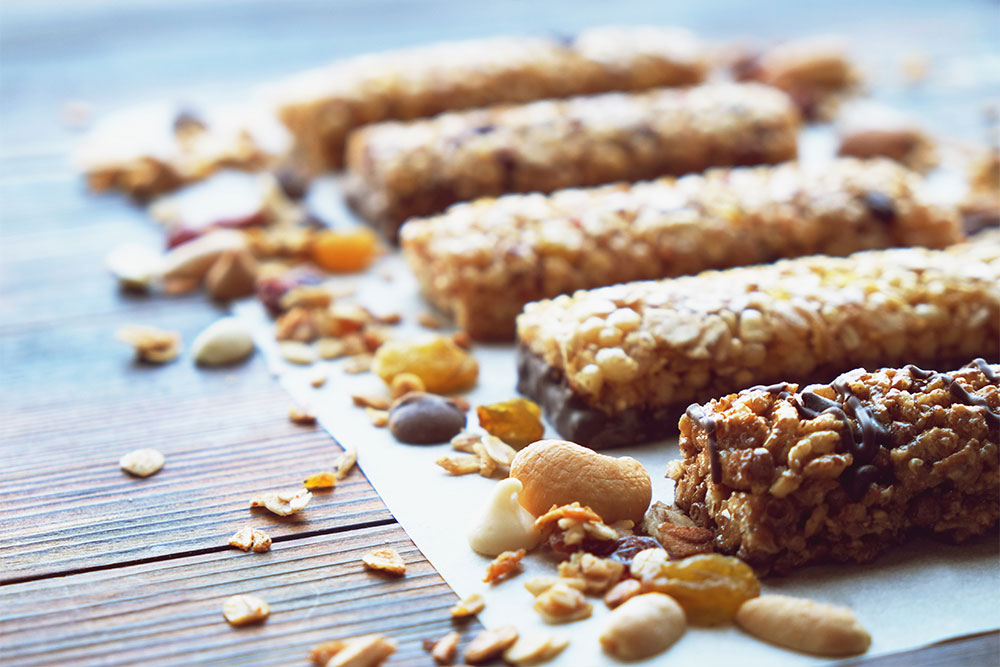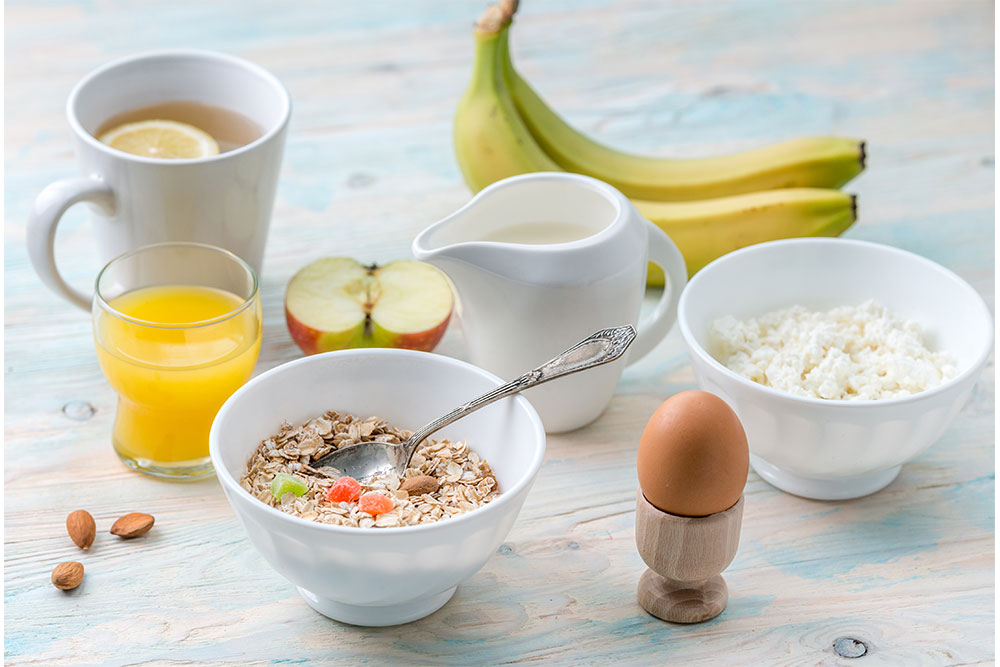As our lives picked pace, our food habits too saw a drastic change. Many began to look at on-the-go eating options, and thus was born the popularity of food items like protein bars. These health snacks promise balanced nutrition. But, the question remains, are they good for you? Let’s see how these work.
Protein bars are nutrition bars, which have a high proportion of protein than carbohydrates and fats. Dr Eileen Canday, head dietician and department head, Nutrition and Dietetics, Sir HN Reliance Foundation Hospital, Mumbai explains, “On an average, a protein bar will contain 150-400 calories, 15-30 gm of protein, five to 10 gm of fat, 25-25 gm of carbohydrates, and five to 10 gm of fibre.”

Benefits
- They can be a simple, ready-to-eat, nutritious snack, making it a convenient source of nutrients, especially if you’re someone who is always on the move and may not have enough time to eat a proper meal.
- Some protein bars are a good source of dietary fibre, which is extremely important for digestive health and may help prevent overeating between meals.
- Many contain vitamins and minerals, such as calcium, iron, magnesium, potassium, phosphorus, vitamin E, and B vitamins contributing to your daily micronutrient needs.
- It can help those underweight gain weight healthily because many protein bars are calorie dense, providing a significant amount of energy in just one serving, making it easy to add calories without consuming large quantities of food. However, if you’re an otherwise healthy individual, the protein bars will still serve as a filler snack so that you avoid snacking on other, potentially unhealthy food items.

Drawbacks
Perhaps the biggest drawback, Dr Canday adds, would be that some protein bars contain high amounts of sugar and sweeteners—like high fructose corn syrup—to enhance the flavour instead of dried fruits like dates and figs, which is not safe for consumption, especially if you’re diabetic. This is why she emphasises on reading the labels on the wrapper carefully for all the information. Additionally, many contain fat from highly processed plant oils, like palm oil instead of whole nuts and seeds, which again is not beneficial for heart health and cholesterol levels if consumed over a long period of time. Some other ingredients to watch out for are inulin (which is an otherwise healthy fibre, but a highly processed version is used in protein bars), and sugar alcohols. So it is advisable to go through the information on the wrapper carefully.

Alternatives
Some natural alternatives to protein bars, as listed out by Dr Canday are:
• Boiled egg
• Low fat cheese
• Yoghurt without sugar
• Boiled sprouts
• Roasted chickpea (Chana)
• Peanut and gramflour (Besan) ladoos
• Edamame
• Nuts

In conclusion, while protein bars may help fill your stomach between meals, you should be mindful of its consumption. Dr Canday explains, “Protein bars are a healthy source of nutrients for you. However, you must not completely rely on these for your meals and make sure you’re getting your fill of other nutrients too in order to have a healthy diet.” She further adds that ideally, you should have not more than two protein bars in a day, and make sure there is a significant interval between their consumption. You can have protein bars for breakfast on the days you may not have the time for a proper breakfast, however Dr Canday warns that you shouldn’t make this a daily habit. For those who may be sceptical about protein bars, they can always try out the natural alternatives mentioned above.